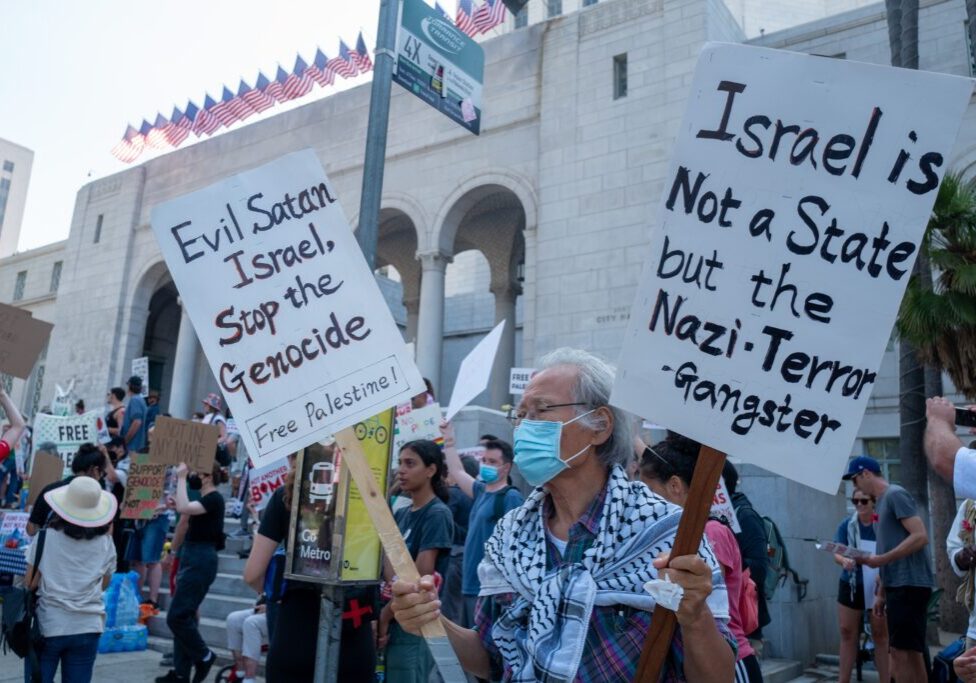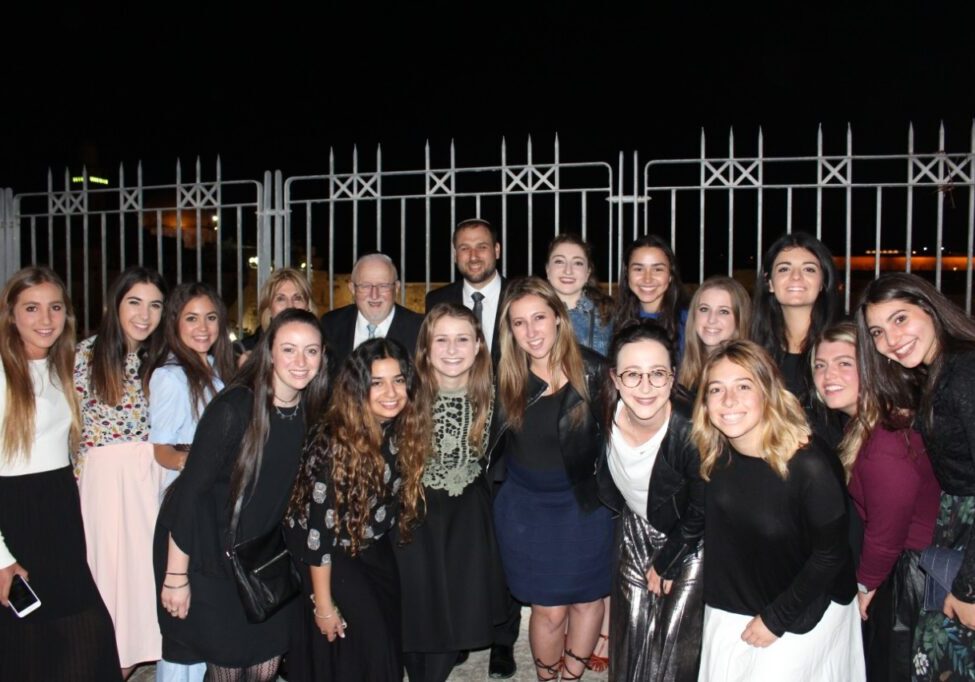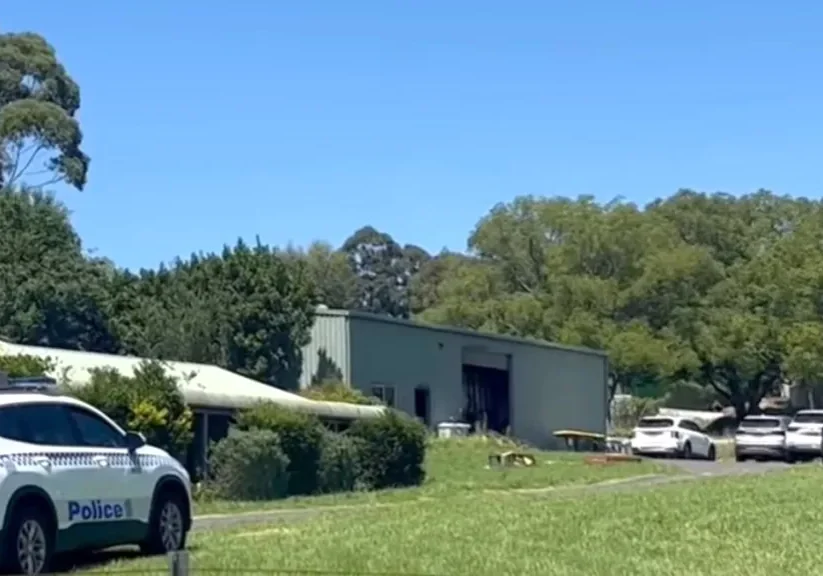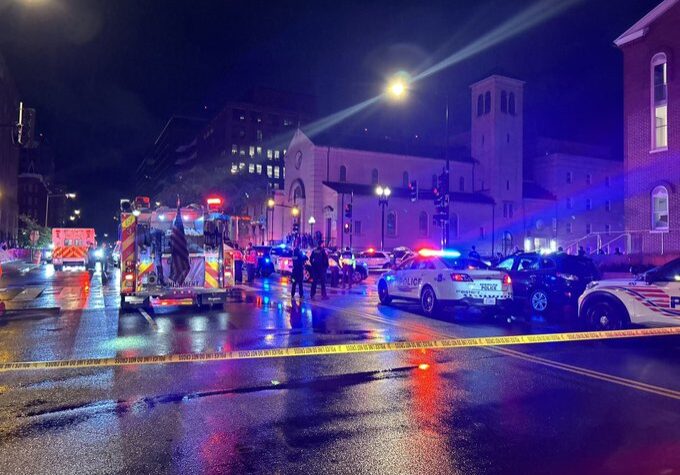Australia/Israel Review
The Last Word: Enemies of the State
Dec 1, 2006 | Jeremy Jones
Jeremy Jones
 |
| Choudhury: victimised for desiring inter-religious understanding |
It is, unfortunately, not historically uncommon. A small Jewish community has developed a network of institutions providing a full and meaningful Jewish life, while being well-integrated and accepted into the broader society. It then sees a government come to power that cynically and brutally unleashes the demons of antisemitism and shatters any feeling of security.
It is a little less common, but not unheard of, for a Jewish community with deep roots in a country and society to find that “their” government has mounted an overtly anti-Jewish foreign policy.
In recent times, we have also become accustomed to reports of harassment within a number of societies of advocates of inter-religious understanding, with the most extreme of these including serious threats of death. While these may be neither new or unique, they all should, and do, shock many decent people.
In Budapest recently, I joined colleagues from around the world at the two-yearly gathering of leading international analysts of antisemitism. The presentations were of high intellectual quality, but nothing was quite as affecting as the overview of state sponsored, or tolerated, antisemitism in Venezuela.
From intimidation of school-children, tolerance of individuals who repeatedly daub antisemitic graffiti on synagogues, vilification of religious leaders, to open support for genocidal anti-Jewish movements, the Jews of Venezuela are undergoing a traumatic assault.
The analysis we received did not suggest that Venezuelan society had changed overnight – the opposition forces, close to fifty percent of the country, are either pro-Jewish or anti-anti-Jewish. Rather, the Government has made a determination that it suits its interests to portray the Jewish community as its enemy.
The situation of the Jews of Iran, which has a Government which acts as if overt anti-Jewish propaganda is a legitimate foreign policy tool, has been the subject of media attention recently, mainly because the Teheran terror-ocracy has discovered the immense gullibility and self-delusion of a considerable sector of Western society.
Reports of the happy existence of Iranian Jews, who are depicted as being as anti-Israel as their friendly neighbourhood secret police, have been given wide distribution. More intelligent and rational assessments of the life of people who have their individual and communal existences determined by the whims of a fanatic government are far more difficult to find.
One useful insight into Iranian Jewish life came in the form of a review in the Israeli newspaper Ha’aretz of Muslim Iranian director Ramin Farahanis’ new documentary on Jews in Iran, in which the director notes the harassment, intimidation and vilification of people who are too scared to tell their own story.
Finally, proof that the existence of a Jewish community is not a pre-requisite for crude and potentially murderous, state-supported antisemitism is evident in the current trial of journalist Salah Uddin Shoaib Choudhury in Bangladesh.
Shoaib is an outspoken supporter of Muslim-Jewish and Muslim-Christian dialogue, opposes anti-Israel maximalism and has exposed the agents and activities of Islamists who have been gaining in strength and influence in his country.
For these efforts he has been placed on trial for “sedition, treason and blasphemy”, with the charge sheet including the claim that “by praising Christians and Jews . . . and [advocating] ties between Bangladesh and Israel, [Shoaib] has hurt the sentiments of Muslims”.
In a country with a non-Muslim minority population which exceeds the entire population of Australia, Shoaib is fighting not only for himself (the “crimes” carry a death penalty) but to prevent the institution of oppressive, regressive totalitarian Islamist rule.
The Venezuelan Jewish community, Iranian Jews who want to live as Jews, and the proponent of tolerance in Bangladesh are all portrayed as “enemies of the State”.
They are also human rights “causes” which should be adopted not only with energy but with urgency.
![]()
Tags: Antisemitism






